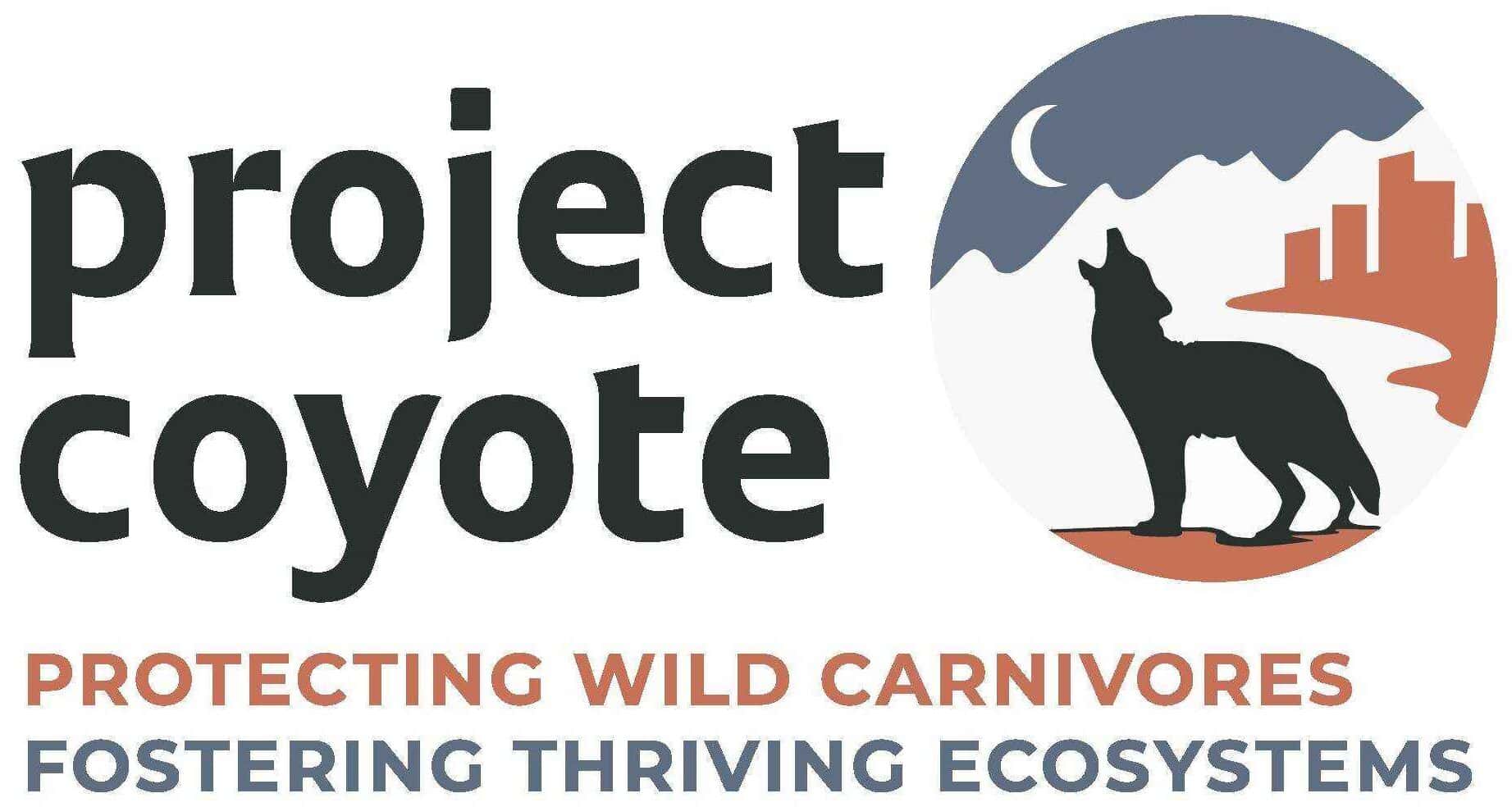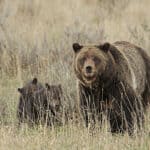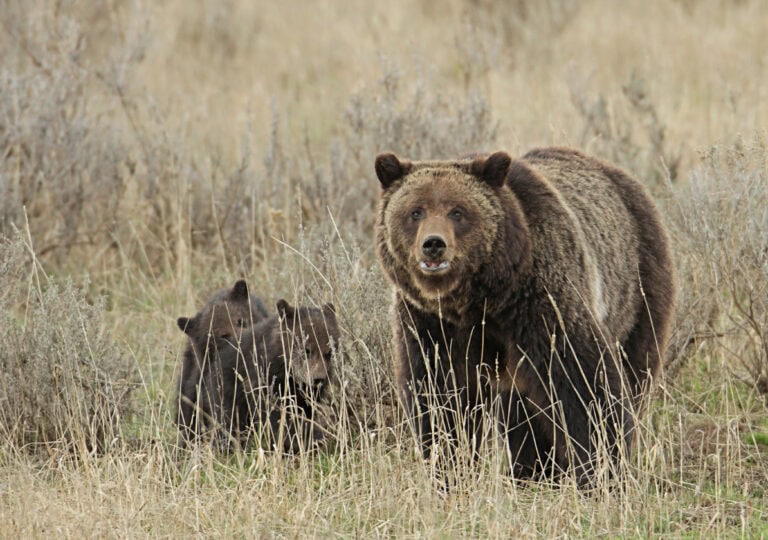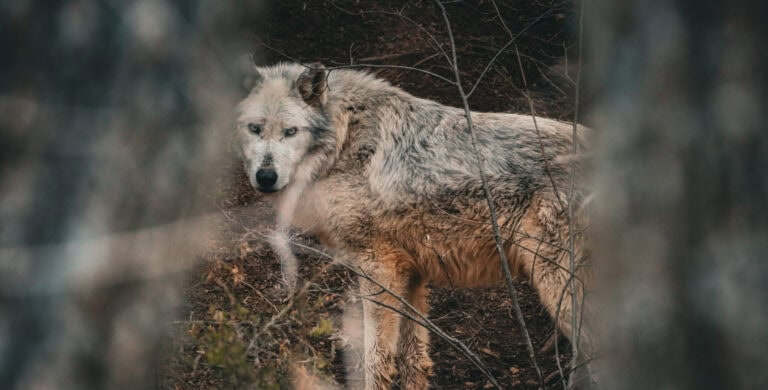CALIFORNIA RESIDENTS ONLY
Project Coyote has learned that supporters of California AB 1687, the bill that would further limit the application of rodenticides in the state, are not able to gain online access to the comment section of targeted committee assemblymembers who do not represent their particular district.
You can best show your support for AB 1687 by contacting and urging your local assemblymember to notify members of the Environmental Safety and Toxic Chemicals Committee of your support for passage of the bill. CLICK HERE TO FIND CONTACT INFORMATION FOR YOUR LOCAL ASSEMBLYMEMBER.
Many thanks to all who have tried to contact committee members online. We are grateful for your continued active support of AB 1687– a step in the right direction towards better protection for California’s wildlife.
Dear Friend of Wildlife,
Recently, a coyote was found dead in a San Francisco playground with four different rat poisons in its body. It died of massive internal bleeding and reminds us again how urgently we must fight to ban deadly poisons. Read more here:
Marin wildlife experts rally against rodenticides after dead coyote linked to poison
Project Coyote is collaborating with Raptors Are the Solution (RATS) and Poison Free Malibu to press for passage of AB 1687, a bill sponsored by California Assembly Member Richard Bloom, which would expand the prohibition on certain dangerous pesticides statewide. With the passage of AB 2657 (Bloom) in 2014, the use of second generation anticoagulants was banned in all state parks, properties, and conservancies. AB 1687 would further restrict the areas where second generation anticoagulants are used since animals (particularly raptors, bobcats, coyotes, etc.) move through and around state parks, and in and out of many areas where the same poisons are employed. Restricting second generation anticoagulants in state parks alone has not solved our wildlife poisoning problem. For background information, click here. California residents, see below for how you can TAKE ACTION! AB 1687 could come up for a hearing as soon as April 4th—and we need your help to get this bill passed! Thank you for speaking out for wildlife! Camilla H. Fox Founder and Executive Director CALIFORNIA RESIDENTS TAKE ACTION!
- Email Assemblymember Bill Quirk, Chair of the Environmental Safety & Toxic Materials Committee, HERE, or call him at (916) 319-3965 and express your strong support for AB 1687. Let him know that you support banning deadly rodenticides that are needlessly killing non-target animals including beneficial predators like bobcats, coyotes and raptors—the very animals needed to control rodents! Assemblymember Quirk’s district is the South East Bay (Hayward/Union City); calls from constituents in that area would be particularly powerful. Please spread the word!
- CALL AND EMAIL OTHER COMMITTEE MEMBERS HERE.
Talking points (please be respectful and personalize your message):
- Wild animals, including bobcats, coyotes, owls, eagles and hawks, continue to be widely poisoned by rodenticides despite increased regulations on second generation anticoagulant rodenticides by the California Department of Pesticide Regulation and the EPA.
- Recent necropsy data from the California Department of Fish and Wildlife show continued rodenticide poisonings and ever-increasing rodenticide exposure in non-target wildlife.
- The unintentional poisoning actually decreases California’s ability to control rodent infestations because it kills the natural predators that feed on rats, mice, gophers, and other rodents.
- According to a Department of Pesticide Regulation study, over 70% of wildlife tested in California had been exposed to rodenticides. A multi-year study by the wildlife rehabilitation center WildCare in San Rafael, shows the percentage to be even higher: In 2013–2014, 86% of their tested wildlife patients had rat poison in their blood. From January 2015 to date, 91% of tested patients are shown to have these deadly poisons in their systems.
- In 2014, 11,300+ people were poisoned by rodenticides in the United States, including over 8,800 people who were poisoned by anticoagulant rodenticides. The majority of poisonings were of children under 6 years.
- This bill would prohibit the deadliest pesticides including Diphacinone and Warfarin, poisons banned in several countries because of their dangers to non-target animals and to public safety.
- Numerous less dangerous alternatives are available to control rodents including exclusion, non-anticoagulant products and encouragement of natural predators.
- AB 1687 narrowly targets the most dangerous rodenticide uses and specifically exempts agricultural activities and allows for rodenticides to be used to address rodent infestations affecting agriculture.
PLEASE SHARE THIS ALERT WITH OTHERS!






